Vancouver clarinet virtuoso François Houle, guitarist Gordon Grdina and percussionist Kenton Loewen teamed up with French pianist Benoît Delbecq on this set of mostly spontaneously-created pieces that seamlessly cross musical traditions. World-music flavored jazz in audiophile-quality recorded sound.
– Mark Werlin, AllAboutJazz
Ghost Lights merges the François Houle/Benoît Delbecq duo (formed in 1996) with the Grdina/Houle/Loewen collective (formed in 2014). Deep listening by all involved results in experimental music of crystalline clarity and subtle interplay, drawing on avant jazz, classical and ambient tropes. Performances at the 2015 Vancouver jazz festival led to a return engagement in 2016 followed by a day in the studio. François: “The whole session unfolded quite spontaneously, with hardly any discussion between takes. Gord suggested we play my piece ‘Soro’ as he knew Benoît’s affinity for African rhythms in his piano approach. Benoît brought out “Broken World”, written shortly after the terrorist attack at the Bataclan in Paris. We tried it and found it to be a beautiful, haunting piece. The rest was completely improvised, and took us into the most unexpected musical spaces, with generous room for all to participate in the music making.”
So this is music that takes its time, as Benoît notes: “It’s music with slow motion, with nothing spectacular or demonstrative. But delicate…We let the flow of improvisation be at play and it held us in a creative mode…I think the strength comes from the collective aspect of the craft. This is why I play music – to share some states of grace with my peers; it’s an incredible feeling to experience a common way to conceive sound fabrics collectively.” François agrees: “It speaks to the really broad scope of experiences by this collective. We can move from one musical state to the next with seemingly little effort, while trusting that the others will not only anticipate the next move, but also pave the way for this to happen at any given moment.”
In music like this, texture is as important as structure, and electronics play their role in Gord’s playing, which features rich-sounding octave-doubling. François uses loopers to similar effect: “I’m interested in opening up the vertical range of the clarinet and treating it as a chordal instrument rather than a monophonic one. I consider my work with loops a sort of extension of my playing with two clarinets simultaneously.” Benoît doesn’t employ his looping software here, but his bass station has its own sensuous sine waves and filters: “It’s just a basic (two oscillators) analog synth made by Novation in the early 90s. I mostly use it in the lower register and I love the feel of it. I’ve always liked the mixture of electronics and ‘bio’ sounds such as prepared piano or regular piano…What I like in how the guys play is that we all sound like we’re processed even when we might not be using electronics, because our concern for sound production is very advanced.”
Waraba is dedicated to the late bassist (and kora and sanza player) Jean-Jacques Avenel, whose 2004 west African jazz release on Songlines, Waraba, Benoît produced. “Anyone who played with Jean-Jacques and shared his love for African music has been deeply imprinted by JJ’s joy, expertise, and world-class musicianship…I still feel his presence when I play, and when I vamp layers on the prepared piano I could keep going forever, like Manding musicians who have another idea of time and duration in music…All of us in this band are strongly related with traditional music from all continents, and the momentum of the music we played found itself naturally.”
Waraba ends the record on a hopeful and almost joyous note, but the music has moved though many other spaces to get there. The aesthetic is liminal: music that’s on the verge of becoming something else, crossing boundaries that are undefined and intuitive. This applies to the subtle way instruments and instrumental lines merge and separate, the range of harmony/atonality, rhythmic and energetic aspects (from near-stasis to turbulence), different emotional resonances – and finally the way the music engages the listener’s attention in a play of foreground/background, active listening and trance-like immersion.
Gordon Grdina – guitar, oud, electronics
François Houle – clarinet, electronics, loopers
Kenton Loewen – drums & percussion
Benoît Delbecq – piano & bass station
Tracklist
Please note that the below previews are loaded as 44.1 kHz / 16 bit.Total time: 01:10:20
Additional information
| Label | |
|---|---|
| SKU | SGL16212 |
| Qualities | DSD 512 fs, DSD 256 fs, DSD 128 fs, DSD 64 fs, DXD 24 Bit, WAV 96 kHz, FLAC 192 kHz |
| Channels | |
| Artists | Benoît Delbecq, François Houle, Gordon Grdina, Kenton Loewen |
| Composers | |
| Genres | |
| Original Recording Format | |
| Recording Engineer | John Raham |
| Recording Location | Afterlife Studios, Vancouver |
| Editing & Mixing | François Houle |
| Mastering | Djengo Hartlap at Artlab, Paris |
| Instruments | Clarinet, Electronics, Drums, Guitar, Oud, Percussion, Piano |
| Analog to Digital Converter | Lynx Aurora |
| Release Date | June 16, 2025 |
Press reviews
The Whole Note
The CD’s most jazz-like piece is Gold Spheres which evolves into a suite of multicoloured, almost Africanized tinctures. Ghostly and atmospheric via reed snarls and plucked inner piano strings, the wavering theme is both percussive and succoring. Underlying harshness is relieved with slurred guitar fingering while the quartet demonstrates perfect control of the material, since neither this timbral softening nor the preceding firmness prevents the tune from attaining a notable finale.
JazzDaGama
Benoît Delbecq, François Houle, Gordon Grdina and Kenton Loewen are known for their extraordinary virtuosity. But on Ghost Lights they present almost the exact opposite of this in a world that complements it; slow, almost minimalist, yet strangely evocative, expressive and stirring music, deeply rooted in the African ethos. Often we hear something different, though, and this takes the form of occasional quick flourishes when the music changes very slowly, sometimes with a living, hypnotic pulse, at other times it is loosely co-ordinated with a bass bomb here or a drum motif there – each communicated almost subliminally to the mind’s ear….By its very slowness – especially on “Ghost Lights” – the performers encourage us to listen moment by moment rather than attempt to map the entire work….And then, of course there is this: that it’s all authentic. This is the bizarre, centrifugal (or is that fragmented?) mental world of these musicians. Clearly that world is not always a happy place. But as Kafka maintained, it is often the souls in Hell that sing with the sweetest voices, and there are many moments on Ghost Lights, on “Waraba”, for instance, where the ineffable beauty and the netherworldly sweetness is close to heart-breaking.
Audiophile Audition
When the term ‘avant jazz’ is used, some listeners conjure music with severity that is non-melodic, or difficulty mixed with discordance….Ghost Lights is different. There is a delicate texture throughout the seven lengthy pieces….Grdina is known for a harsher, harder guitar style on previous outings, so Grdina fans might be surprised on his quieter quality throughout Ghost Lights….[The record] has a live ambiance and the engineering has a warm, stage-like attribute. You can hear how the foursome flows with each moment….
Only logged in customers who have purchased this product may leave a review.

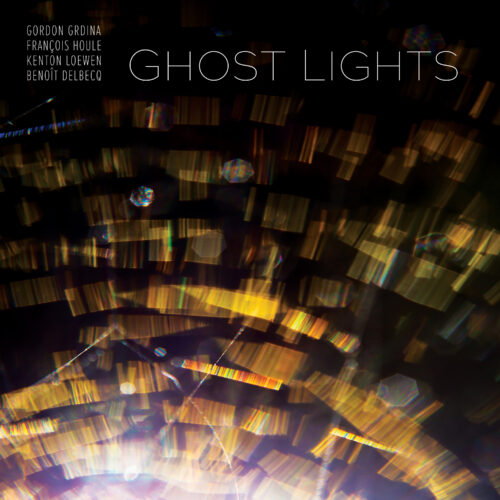
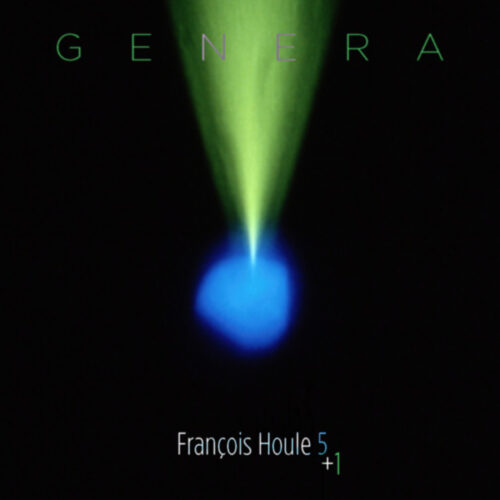
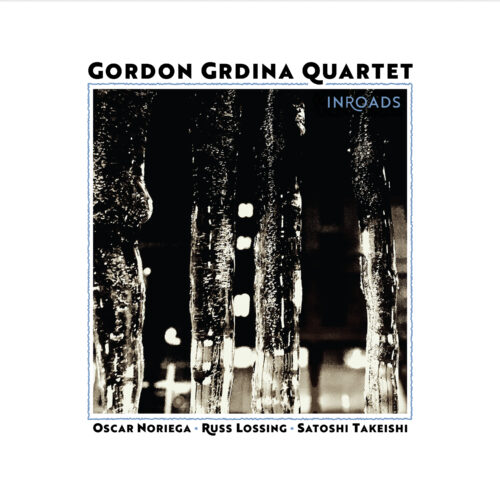
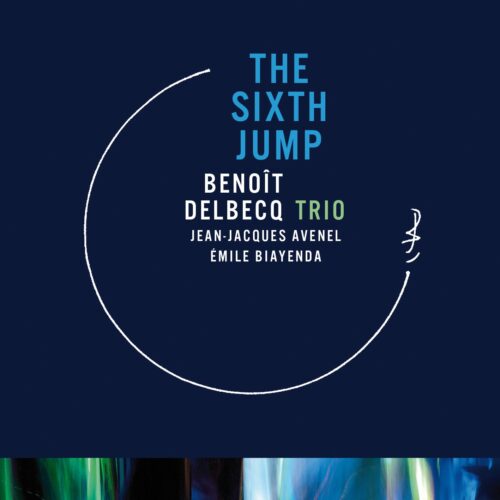
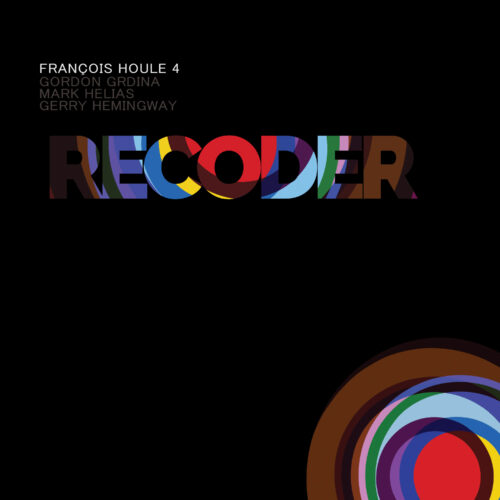
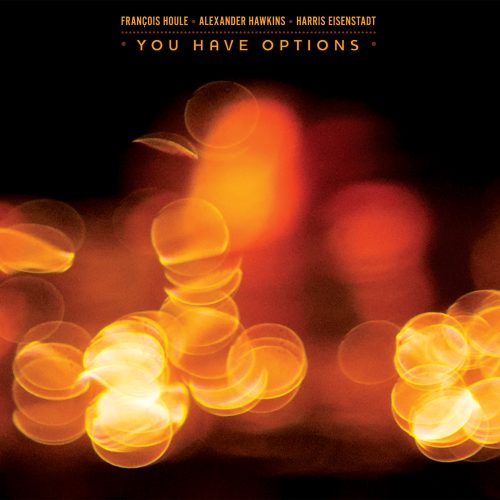
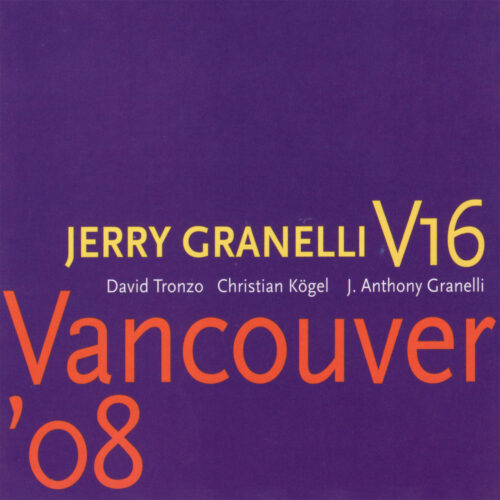
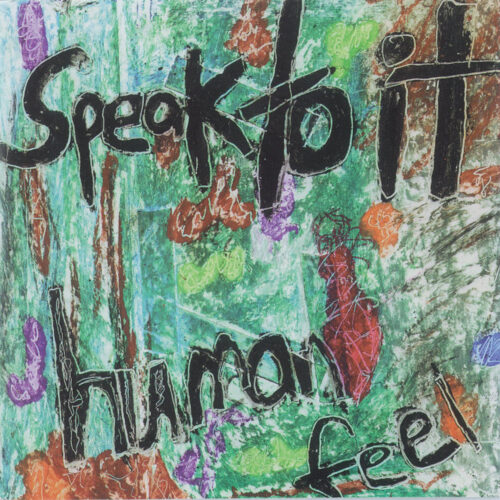
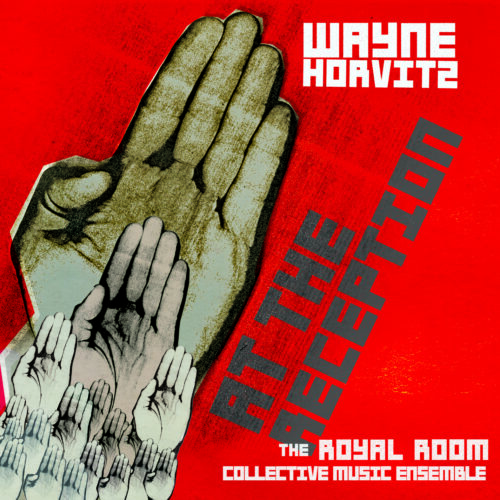
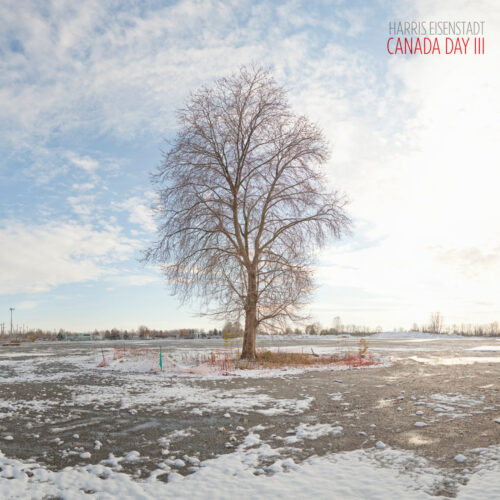
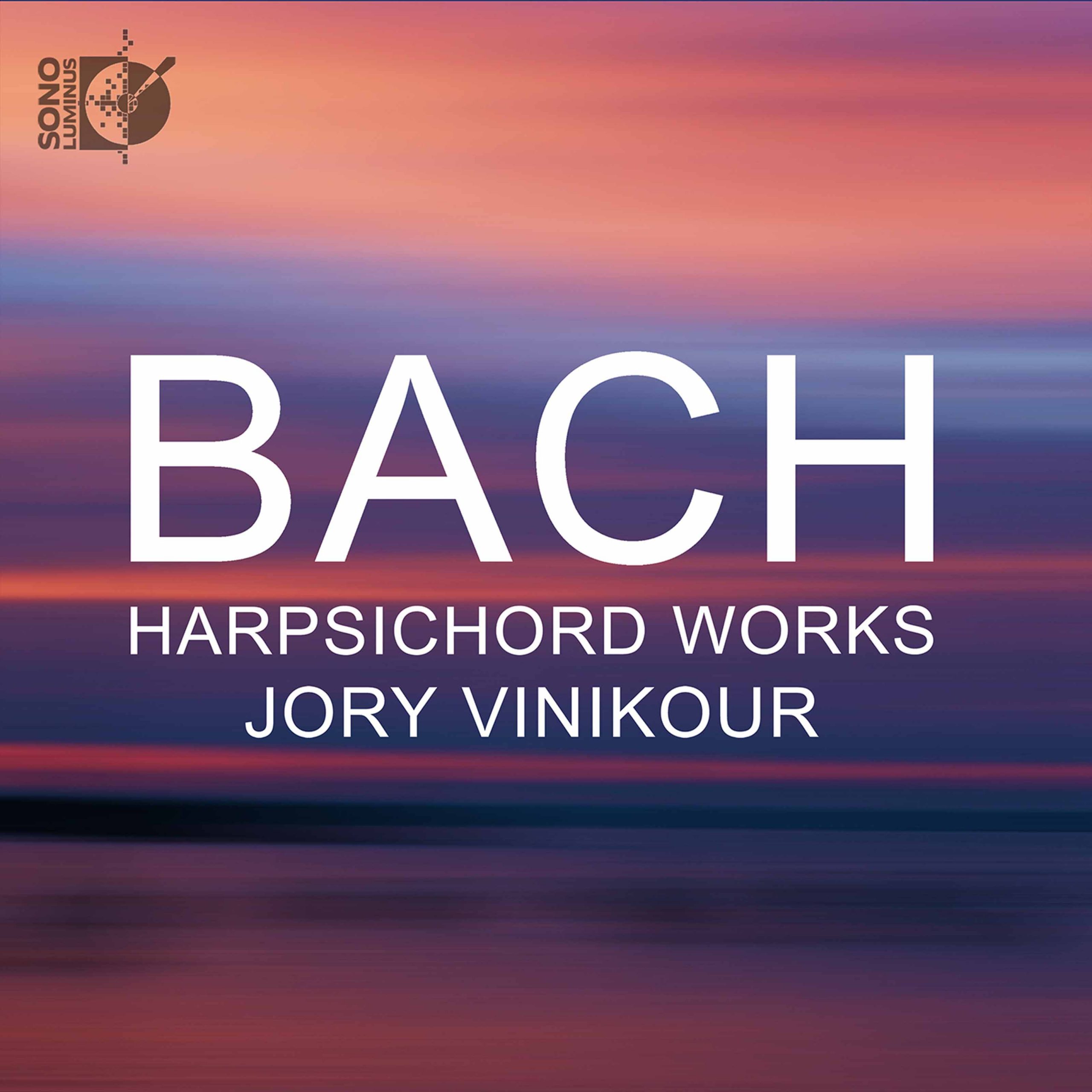
Reviews
There are no reviews yet.